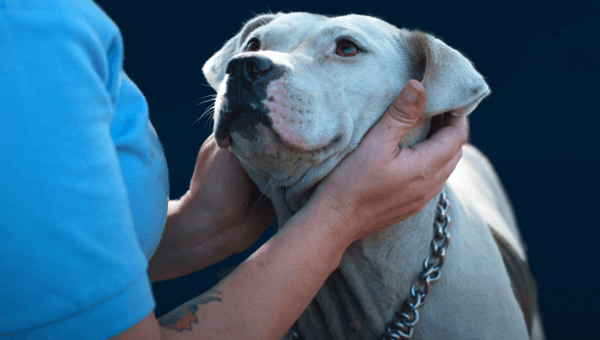How PETA’s Fieldworkers ‘Broke the Chain’ This Summer
The COVID-19 pandemic and the record-breaking heat this summer created extra-dangerous living conditions for countless animals in southeastern Virginia and northeastern North Carolina—but, as usual, PETA’s fieldworkers have been in the thick of it all, helping dogs, cats, and other vulnerable individuals whose cries for help might have otherwise gone unnoticed.
Every animal companion deserves to be safe and loved—but many of the animals we help experience love or compassion for the first time when they meet PETA’s fieldworkers, and this summer was no different. Discover just a few moments of kindness from July, August, and September:
PETA’s spay/neuter program continued to help prevent countless animals from being born who’d add to the overpopulation and homelessness crises.
Every day, an estimated 70 million dogs and cats in the U.S. struggle to survive without homes. PETA’s mobile spay/neuter clinics work to prevent unwanted dogs and cats from being born. Since the beginning of July, we’ve spayed and neutered more than 3,000 animals and transported 175 others—including Coco, Bella, Elsa, Penny, Aces, and Sunrize—to and from sterilization appointments for free.
One of the animals PETA helped was Coco, who underwent a lifesaving surgery for a severe and potentially fatal uterine infection. “My dog was dying. I had no one to turn to until I found out about PETA. They were a blessing from God. They helped me. They gave me back my baby. I can’t tell you how much I appreciate them,” Coco’s guardian wrote in a sweet thank-you note to PETA.
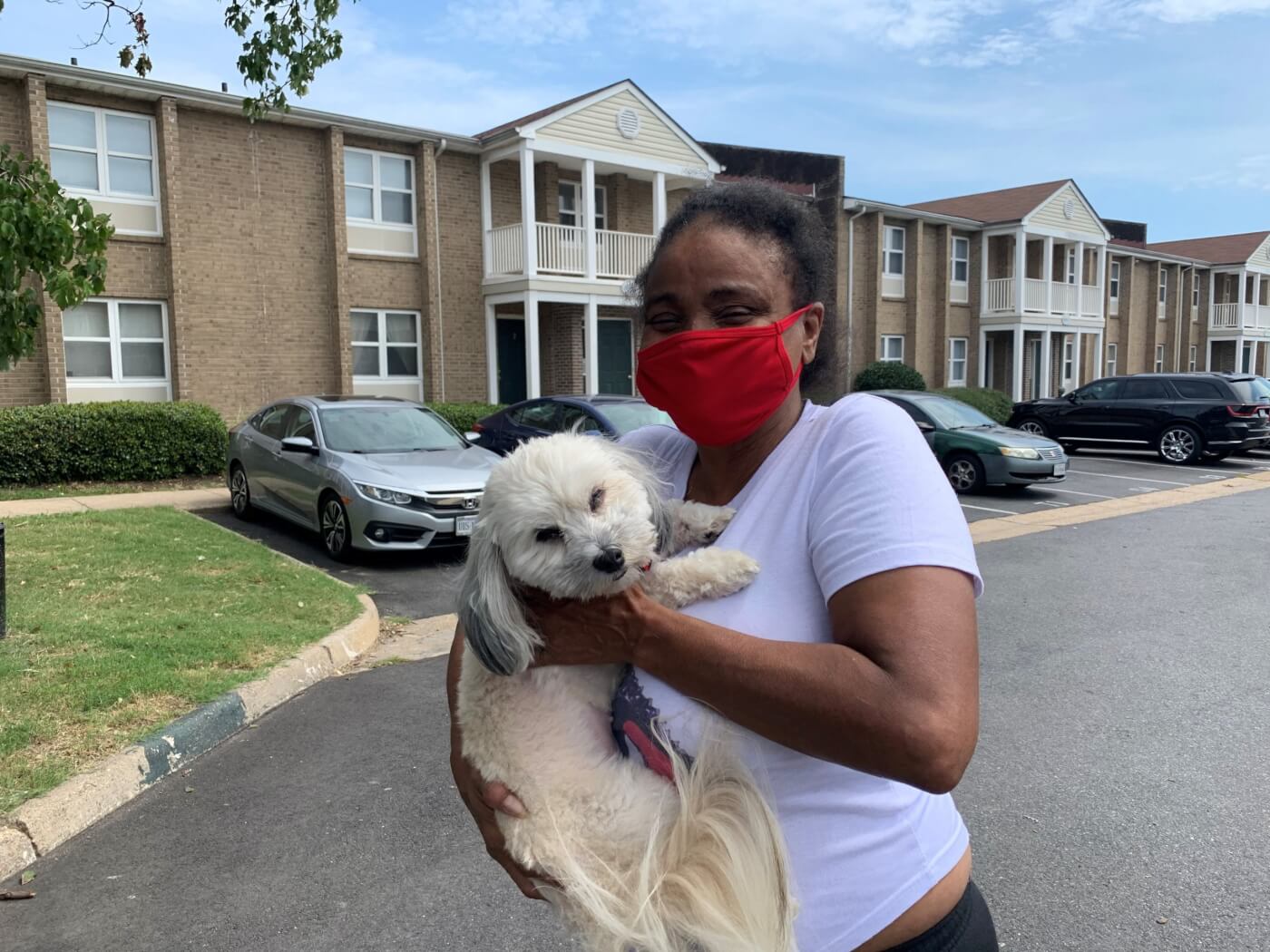
Other animals were treated at our clinics for various medical conditions, completely free of charge.
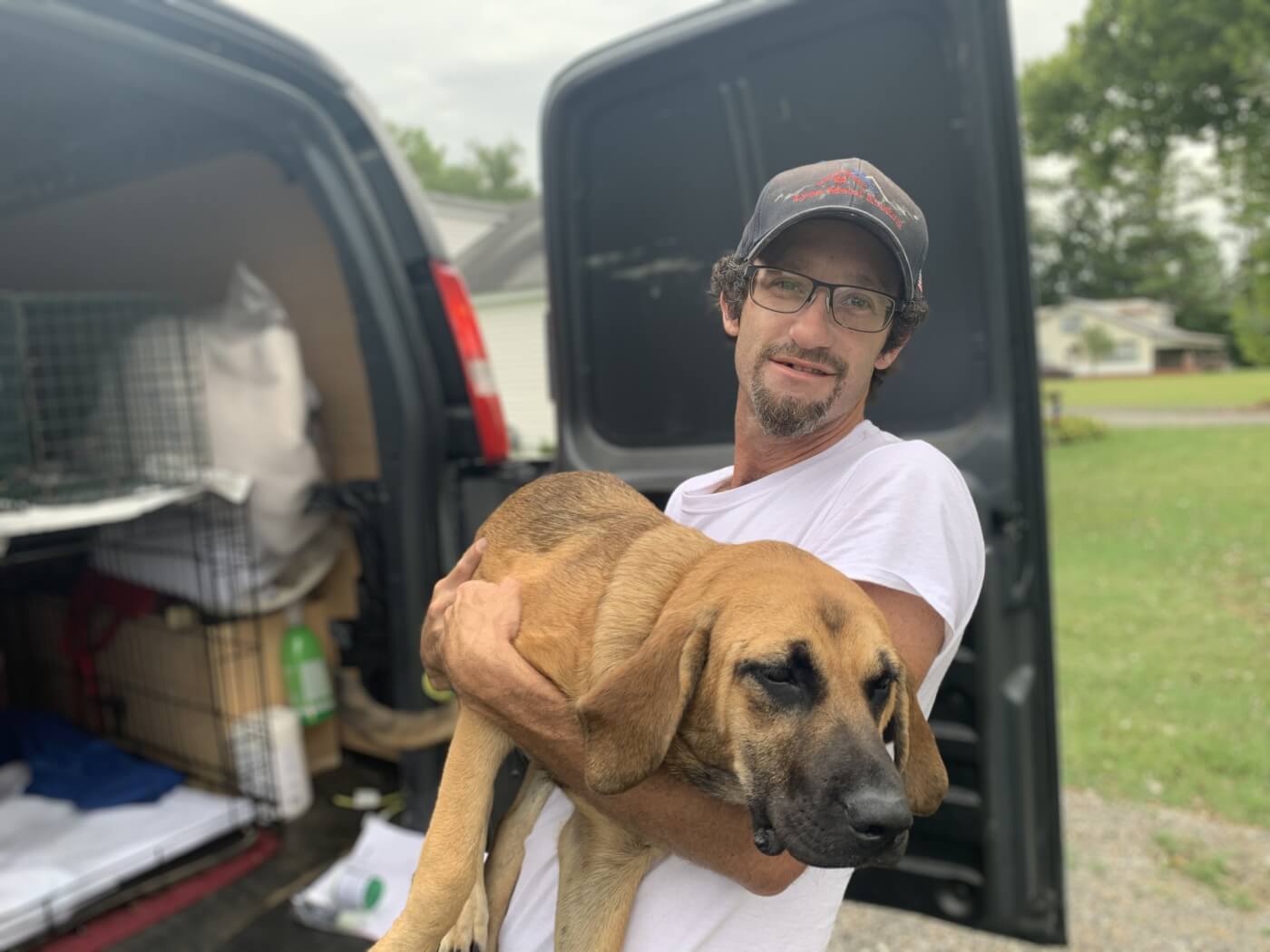
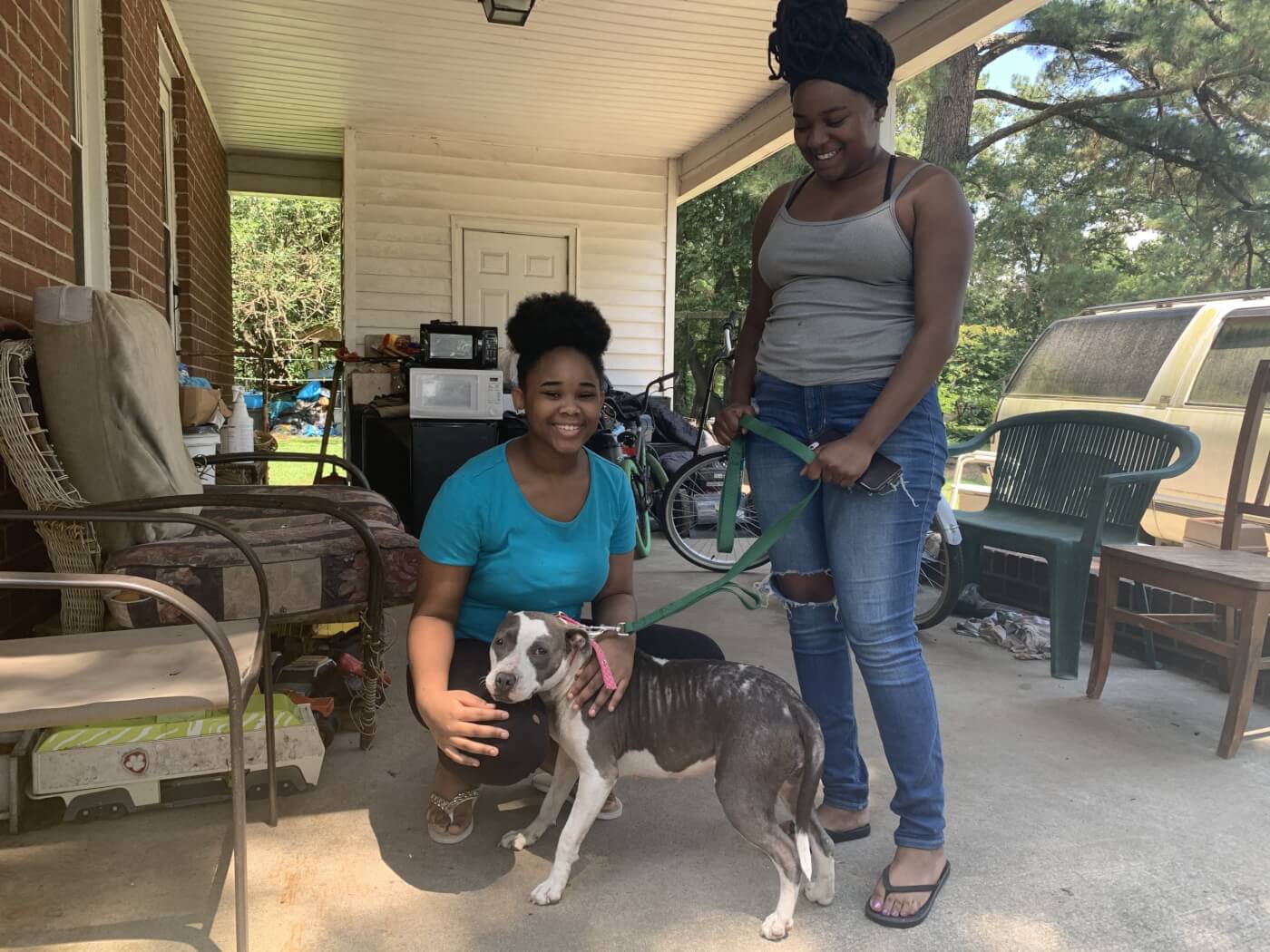
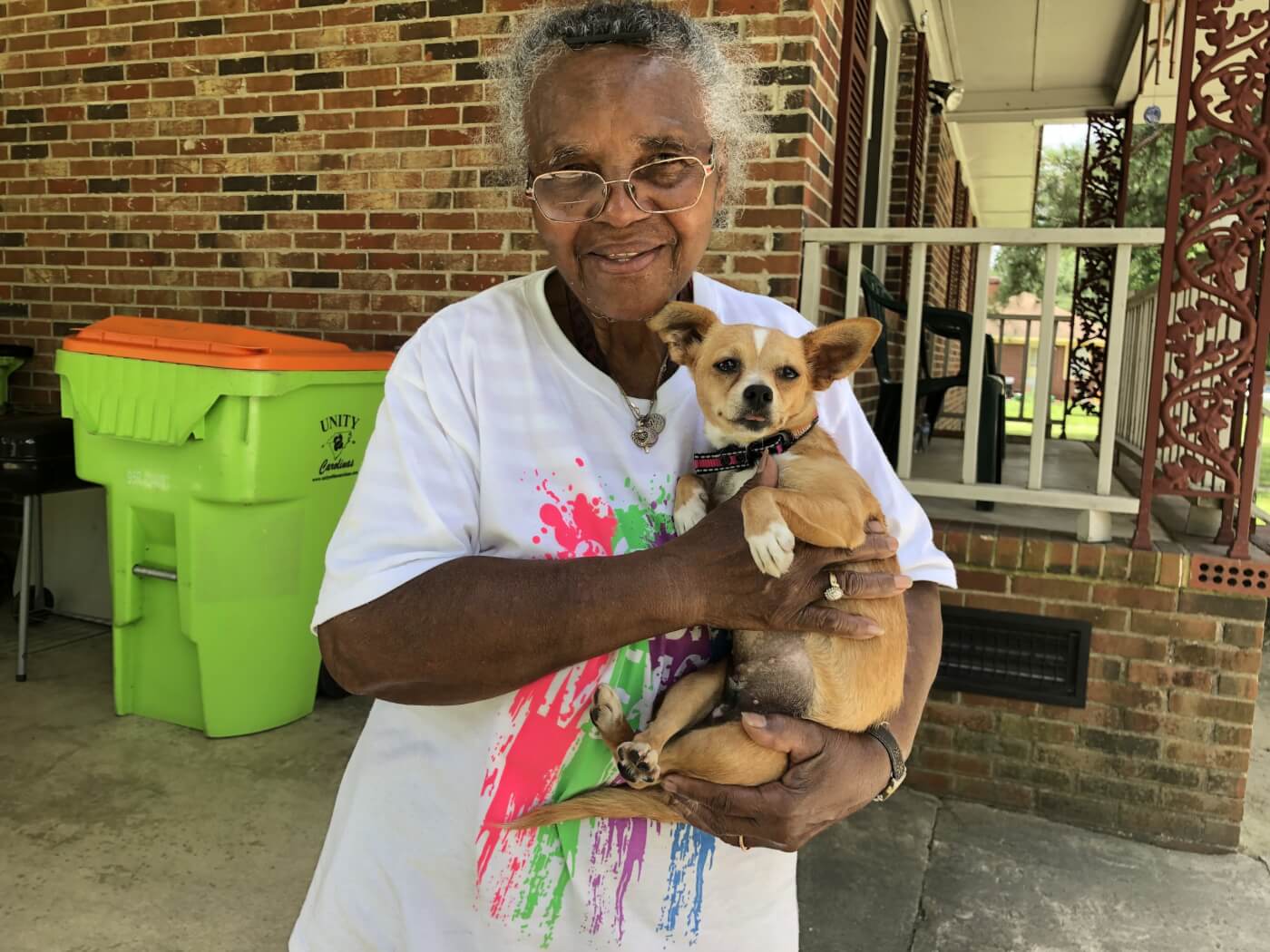
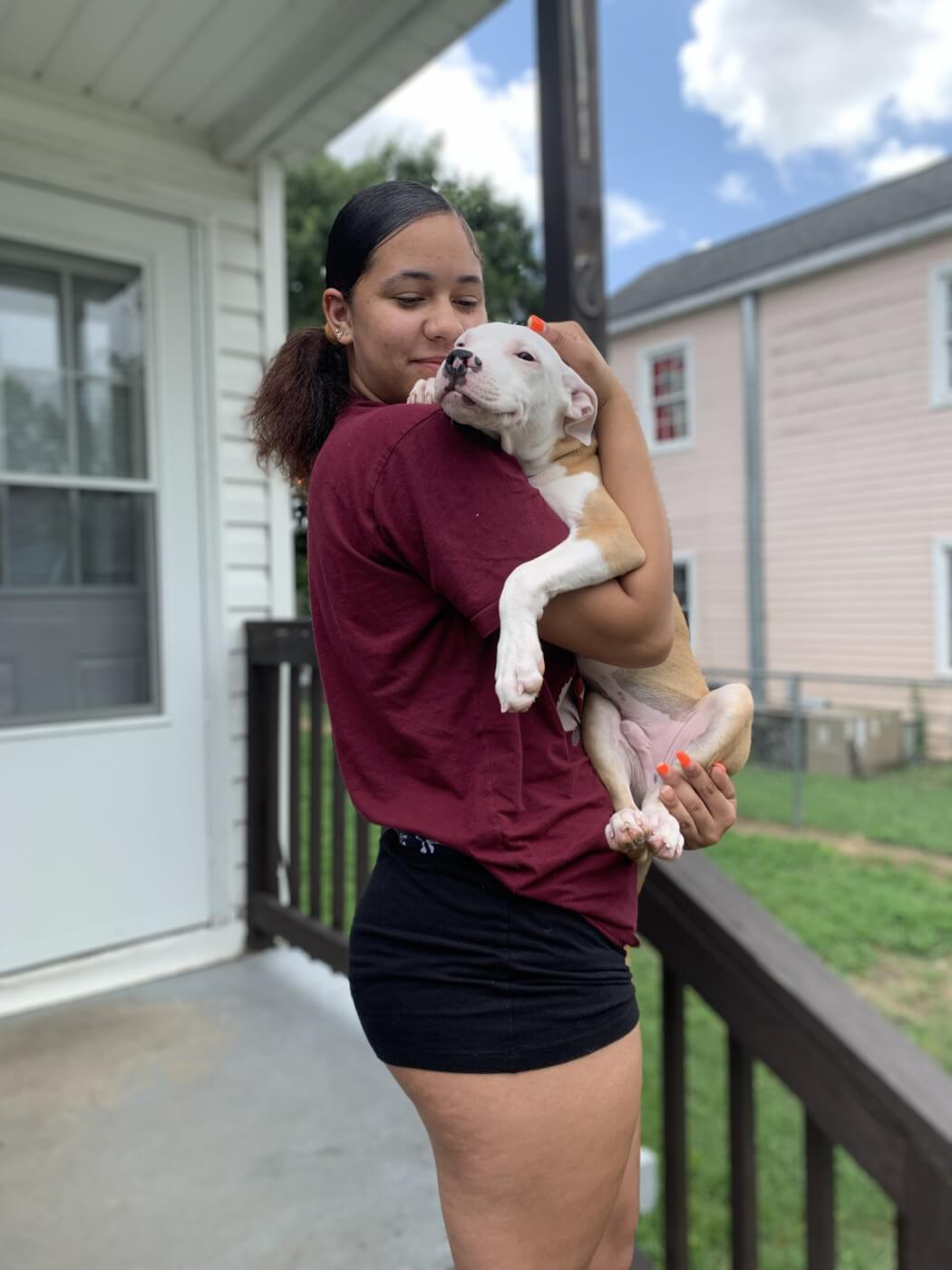
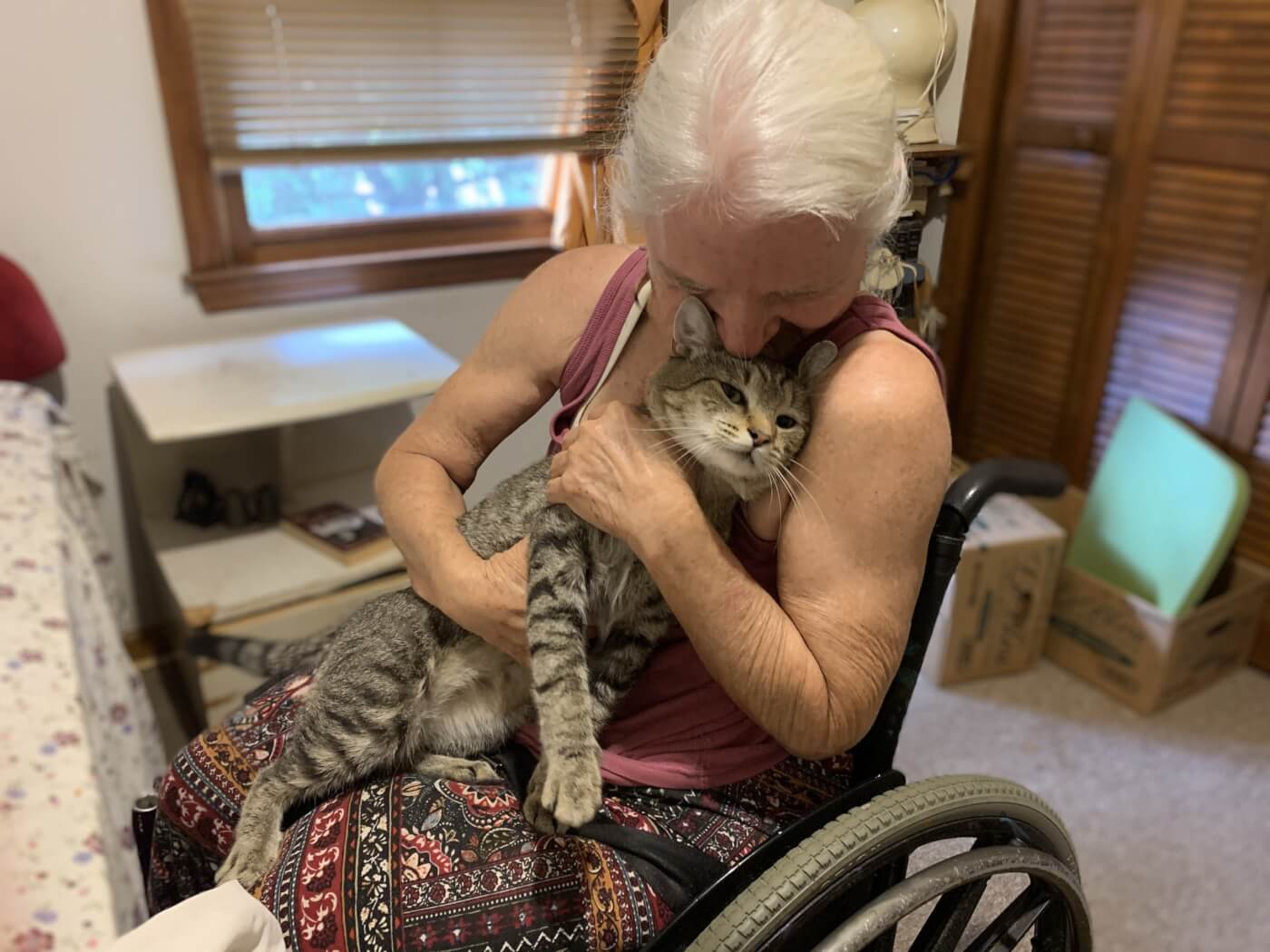
We made lasting connections with communities, helping guardians and animals who were affected by natural disasters as well as delivering animal-friendly messages to local young people via our Barks & Books program.
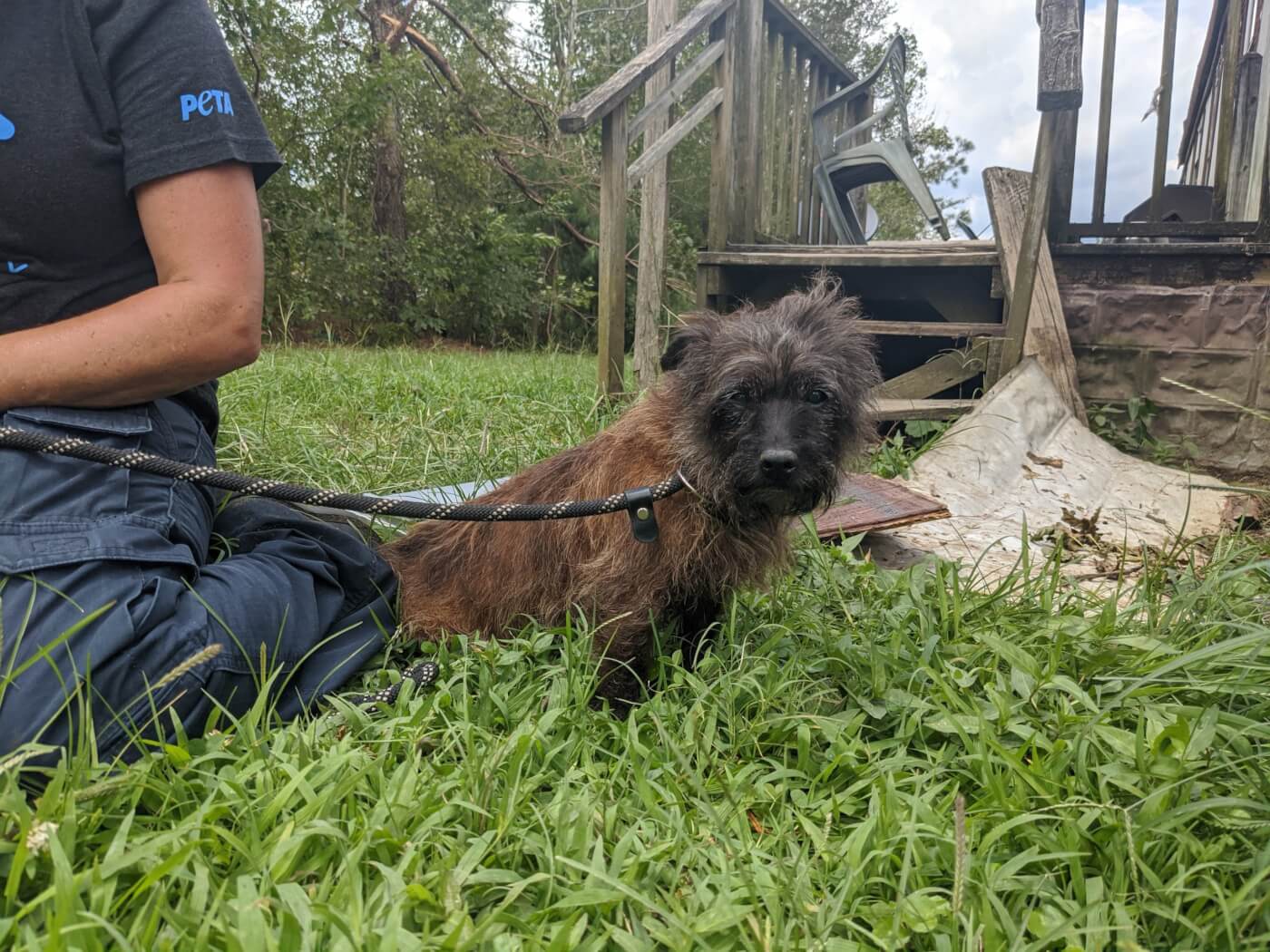
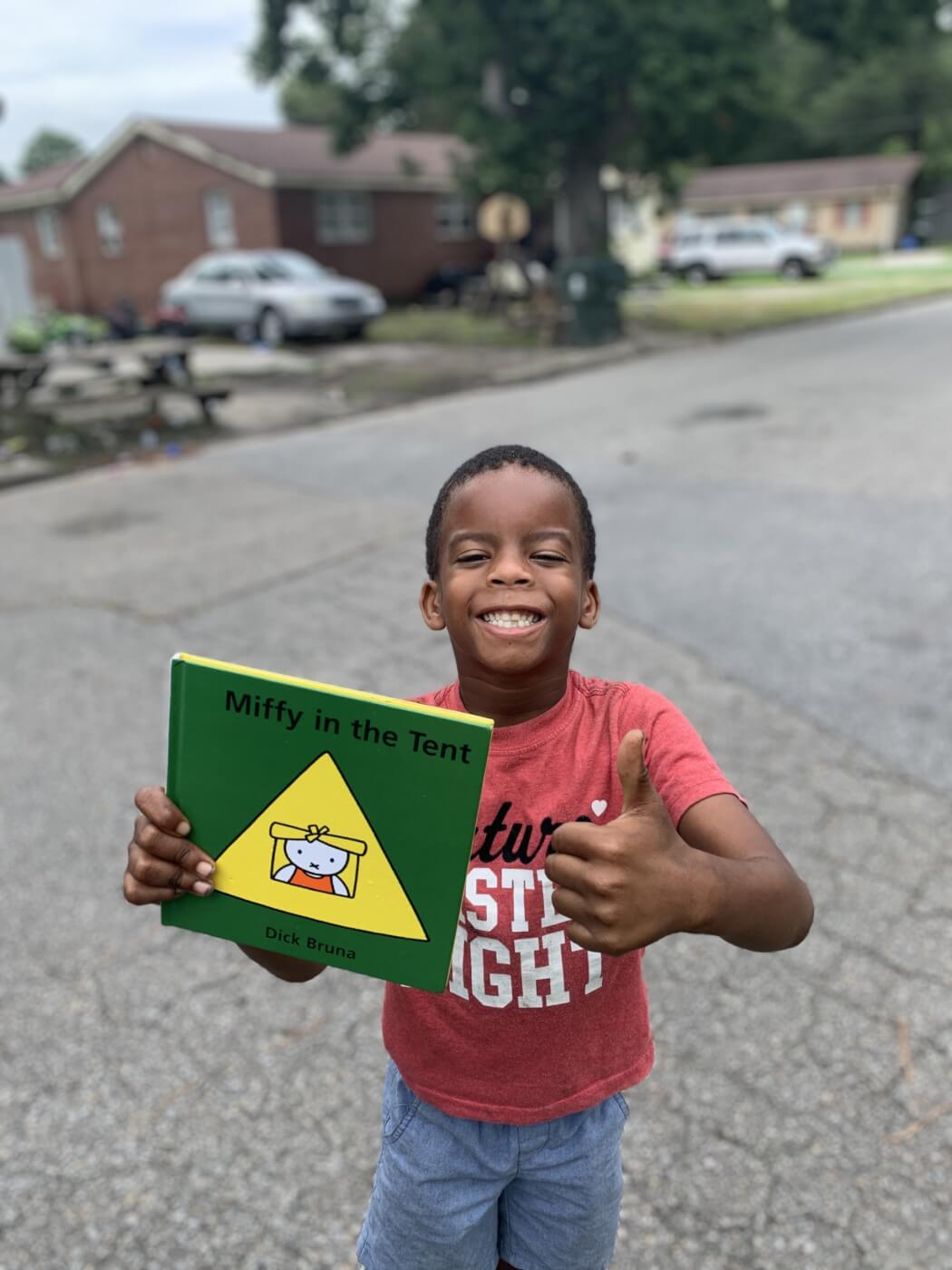
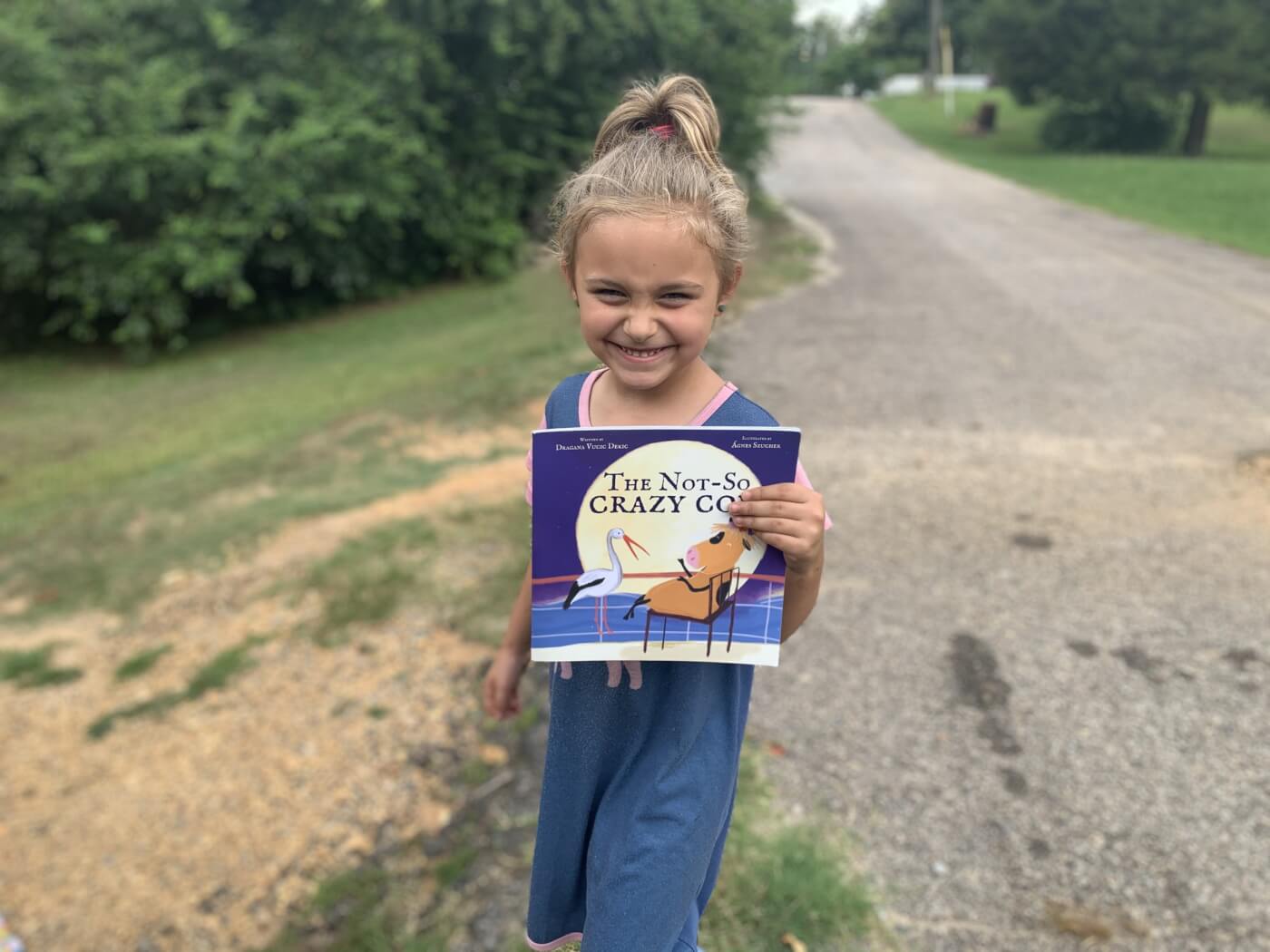
We transferred many vulnerable animals to our placement partner shelters in Norfolk and Virginia Beach.
Remember Brownie, the matted pup PETA’s field team made sure got a desperately needed shave in April? Well, after a years-long attempt to afford him the opportunity for a new home, his owner finally agreed to let us take him in, since he needed care for a serious eye injury and needed to be groomed (again). Once he was transferred to the Norfolk SPCA, his matted fur was groomed, his eye injury was treated, and he was quickly adopted by a loving family.
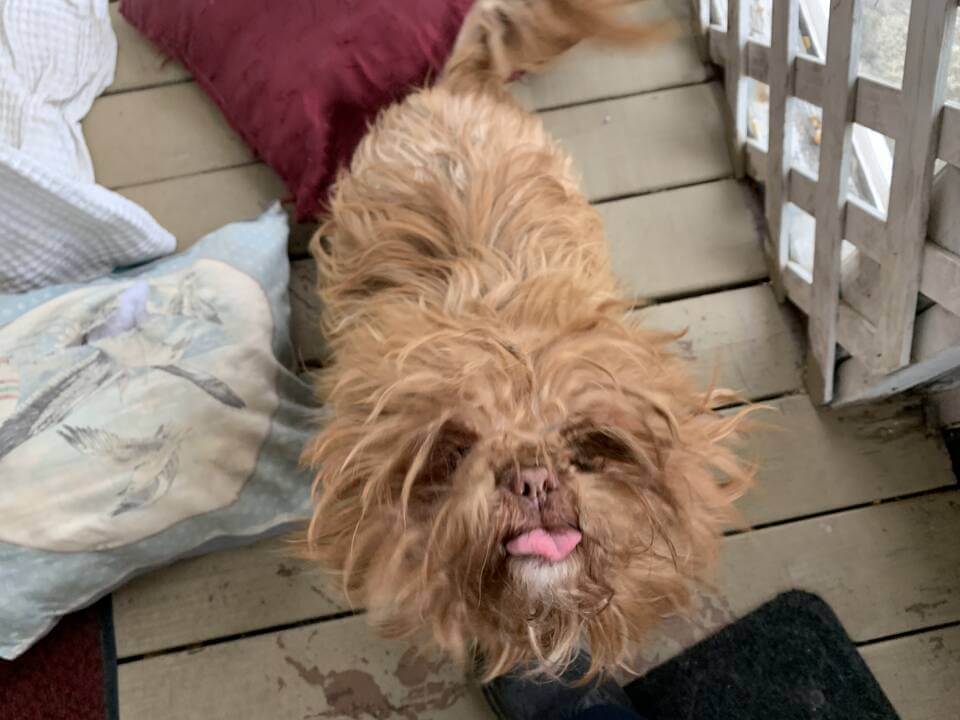
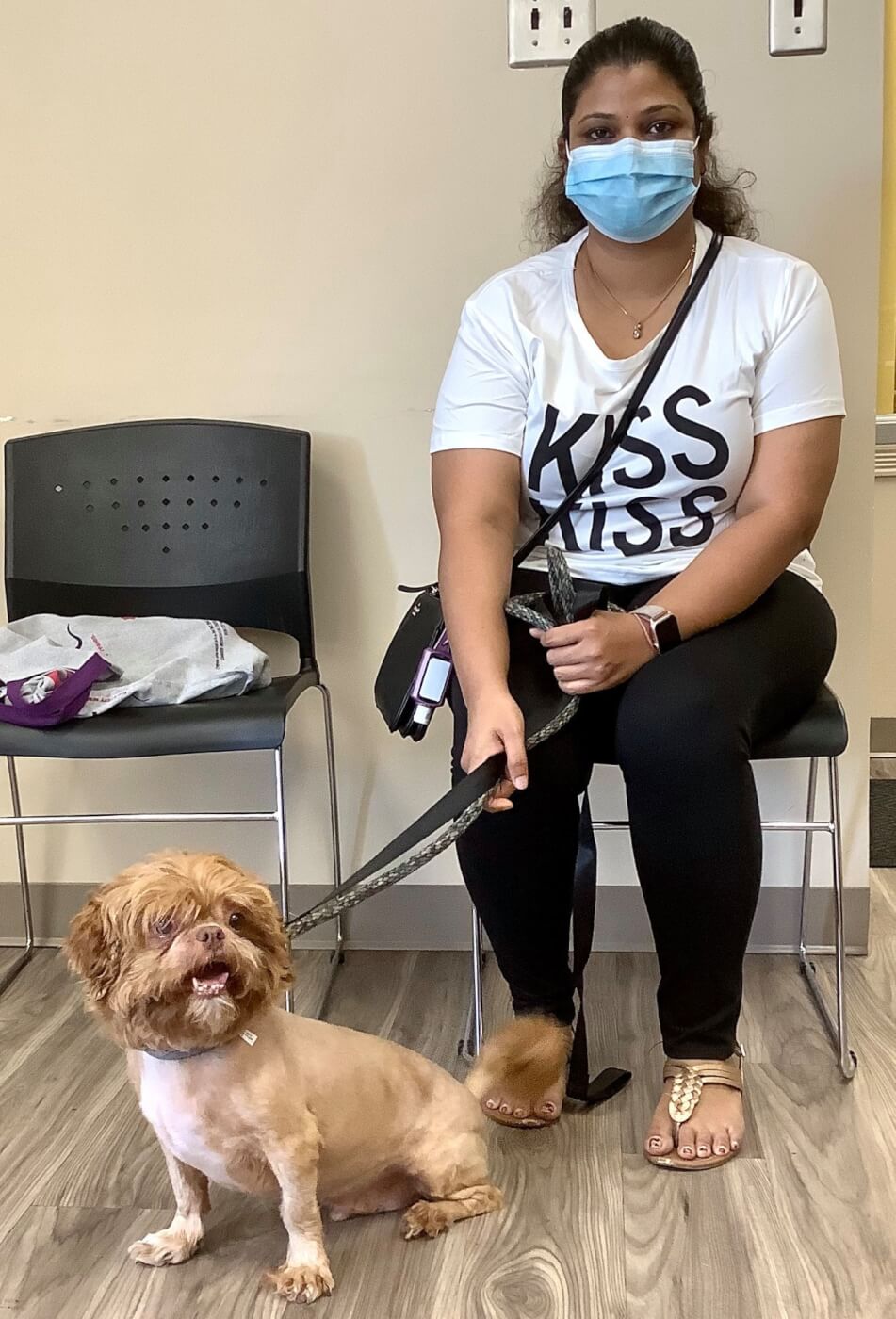
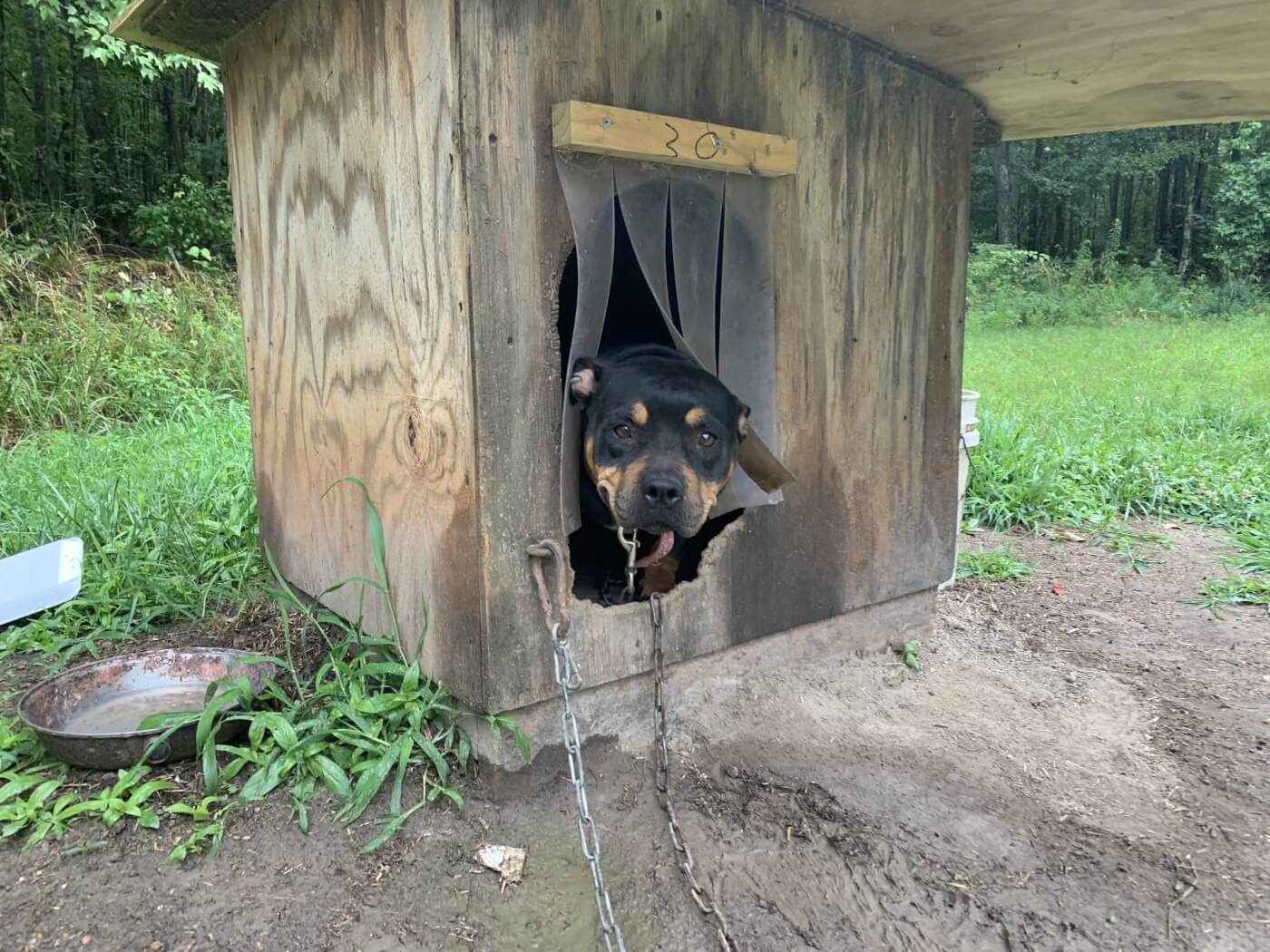
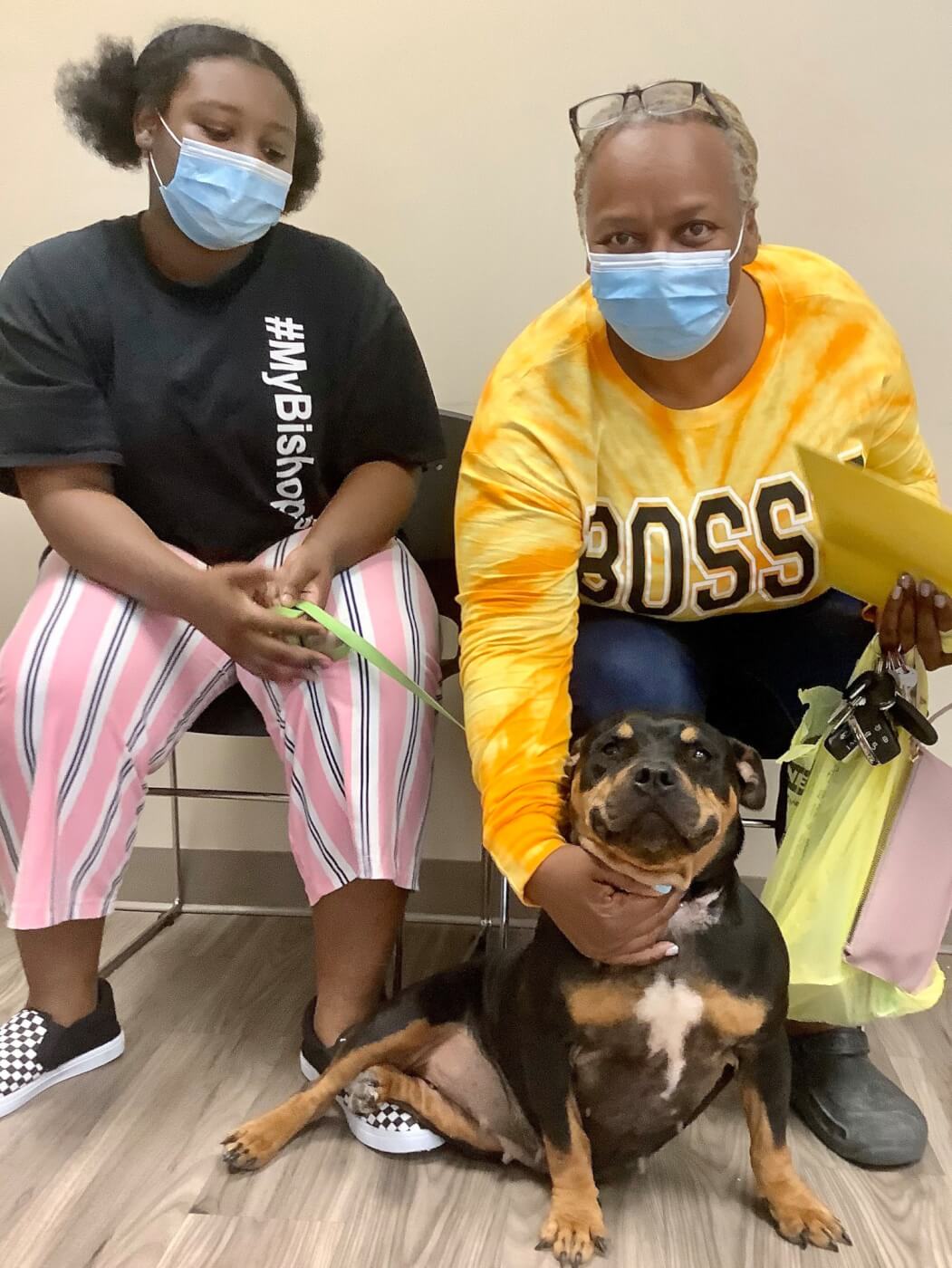
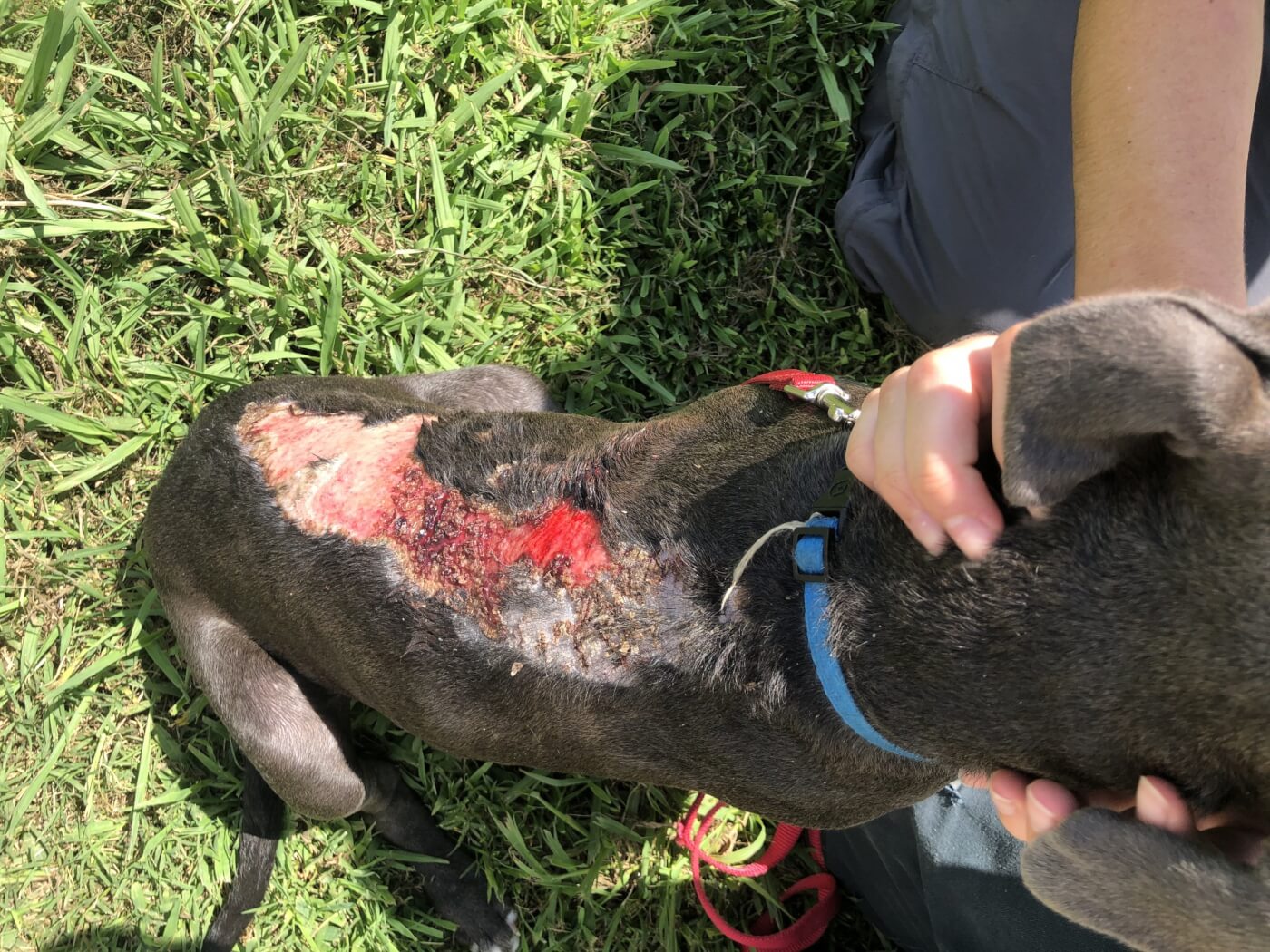
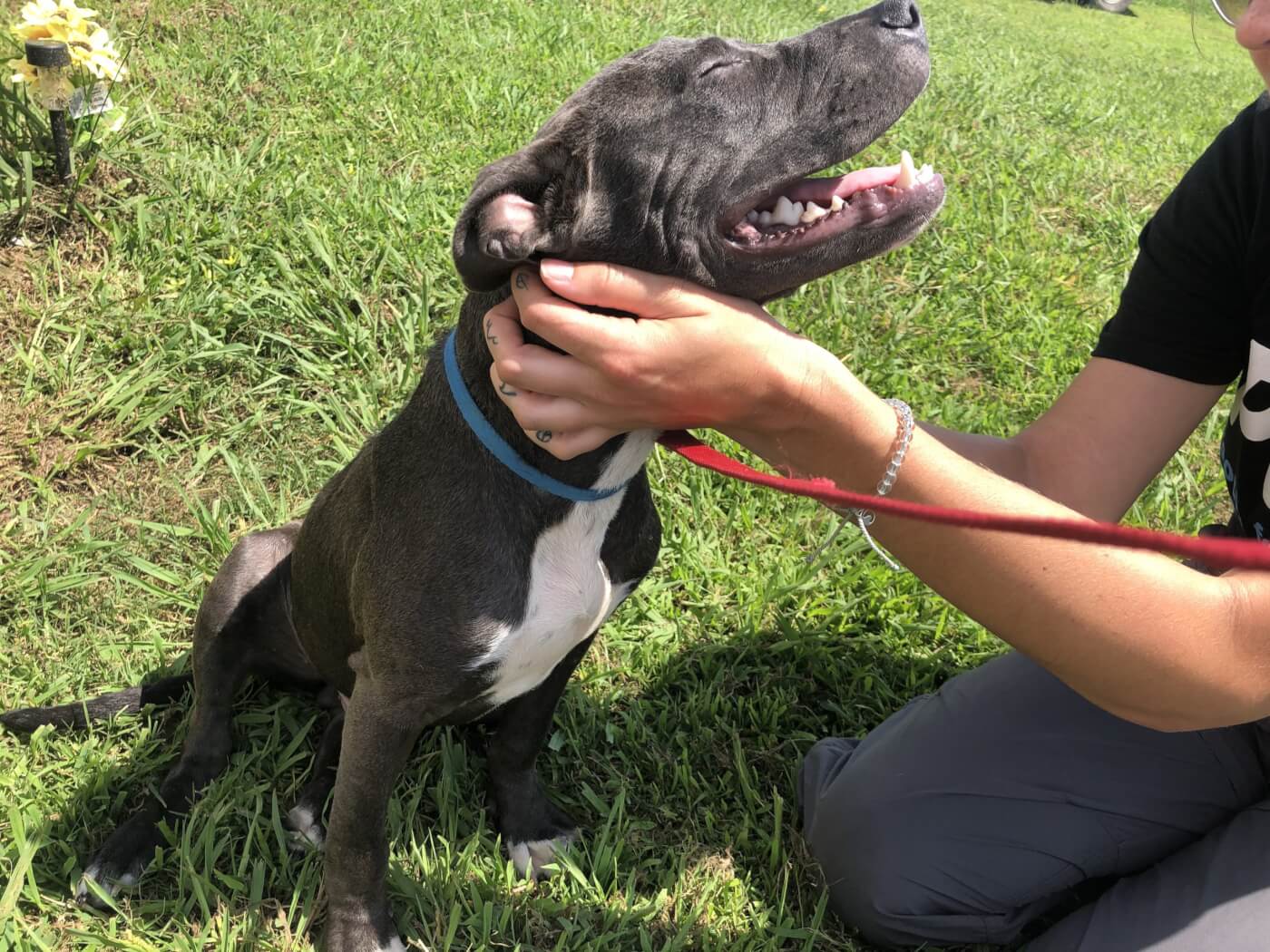
We placed 11 animals with loving families and transferred more than 200 to other shelters for adoption.
After years of attempting to get Mingo, a sweet golden retriever mix, surrendered to PETA, we were finally able to rescue her from the small, filthy pen in which she had spent more than seven years and place her with one of our fieldworkers, who had fallen in love with her during his many visits.
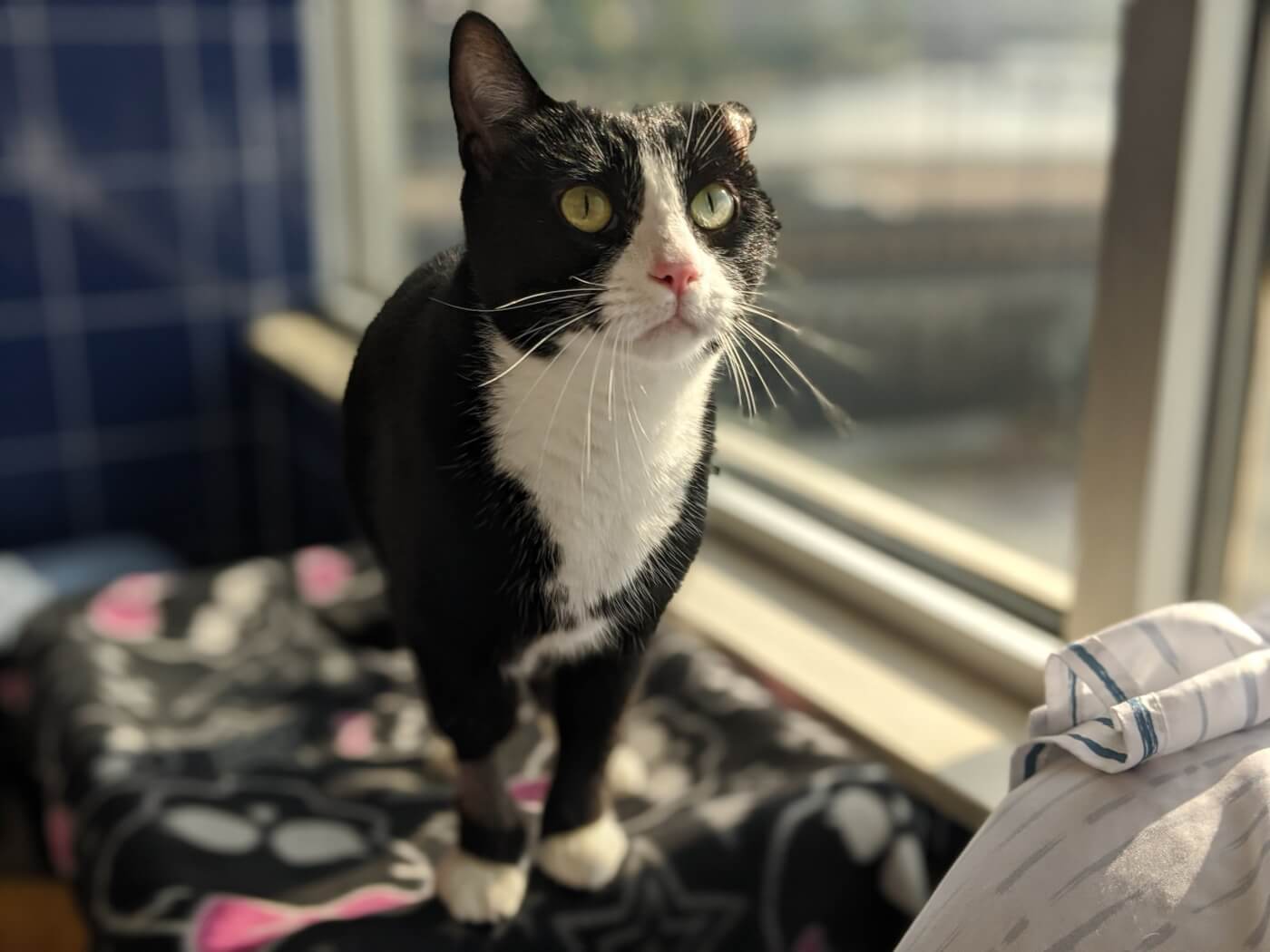
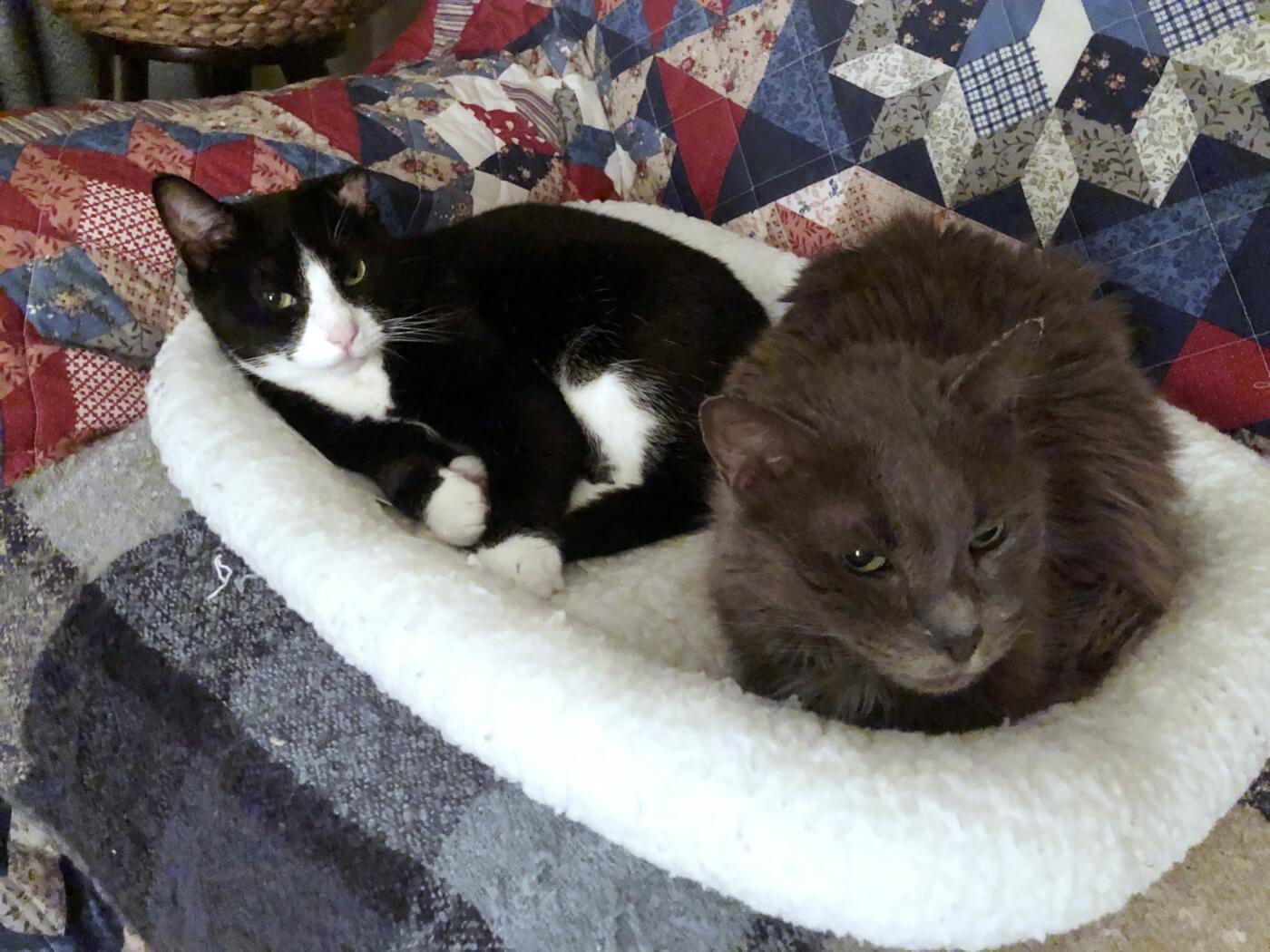
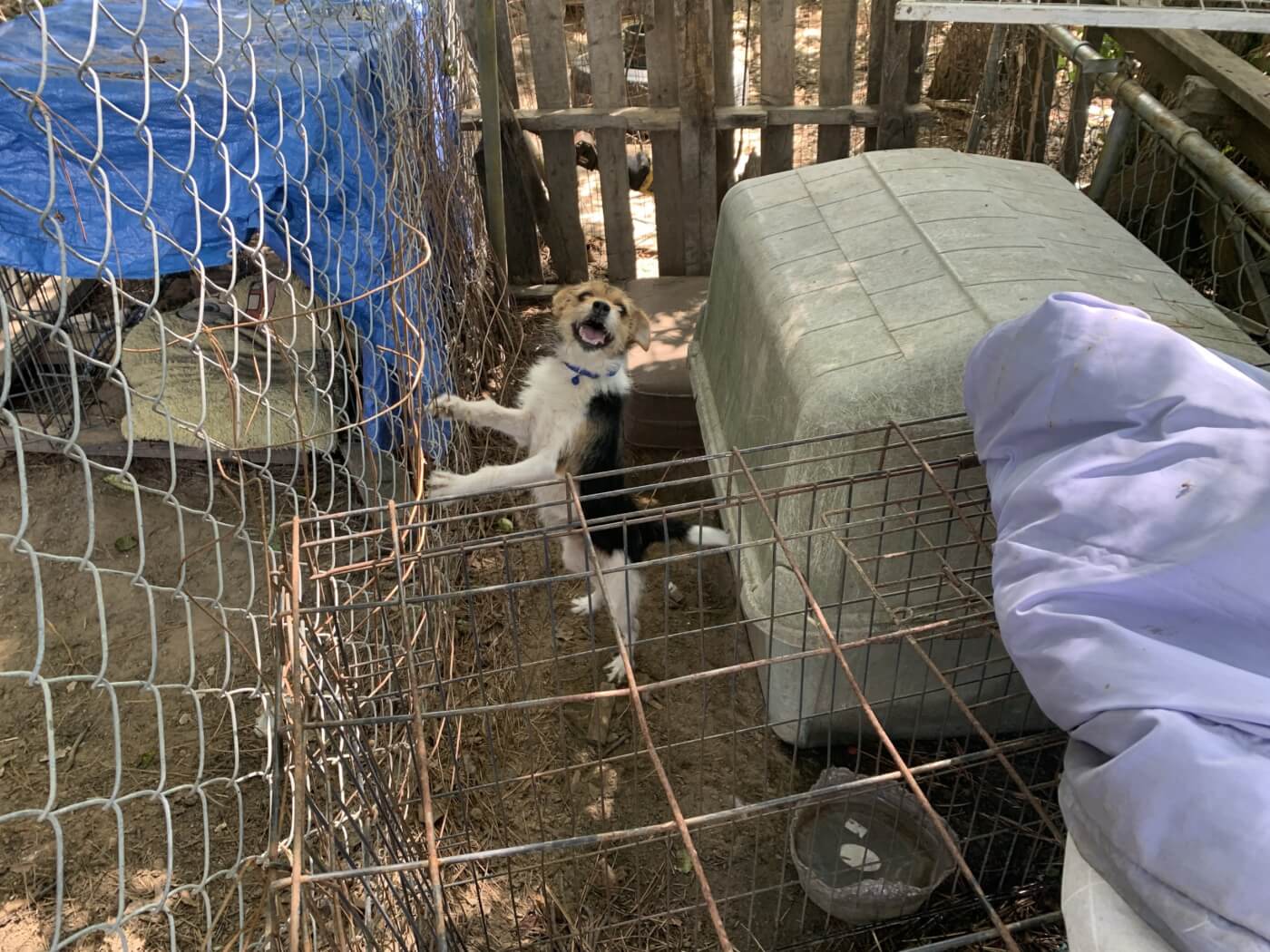
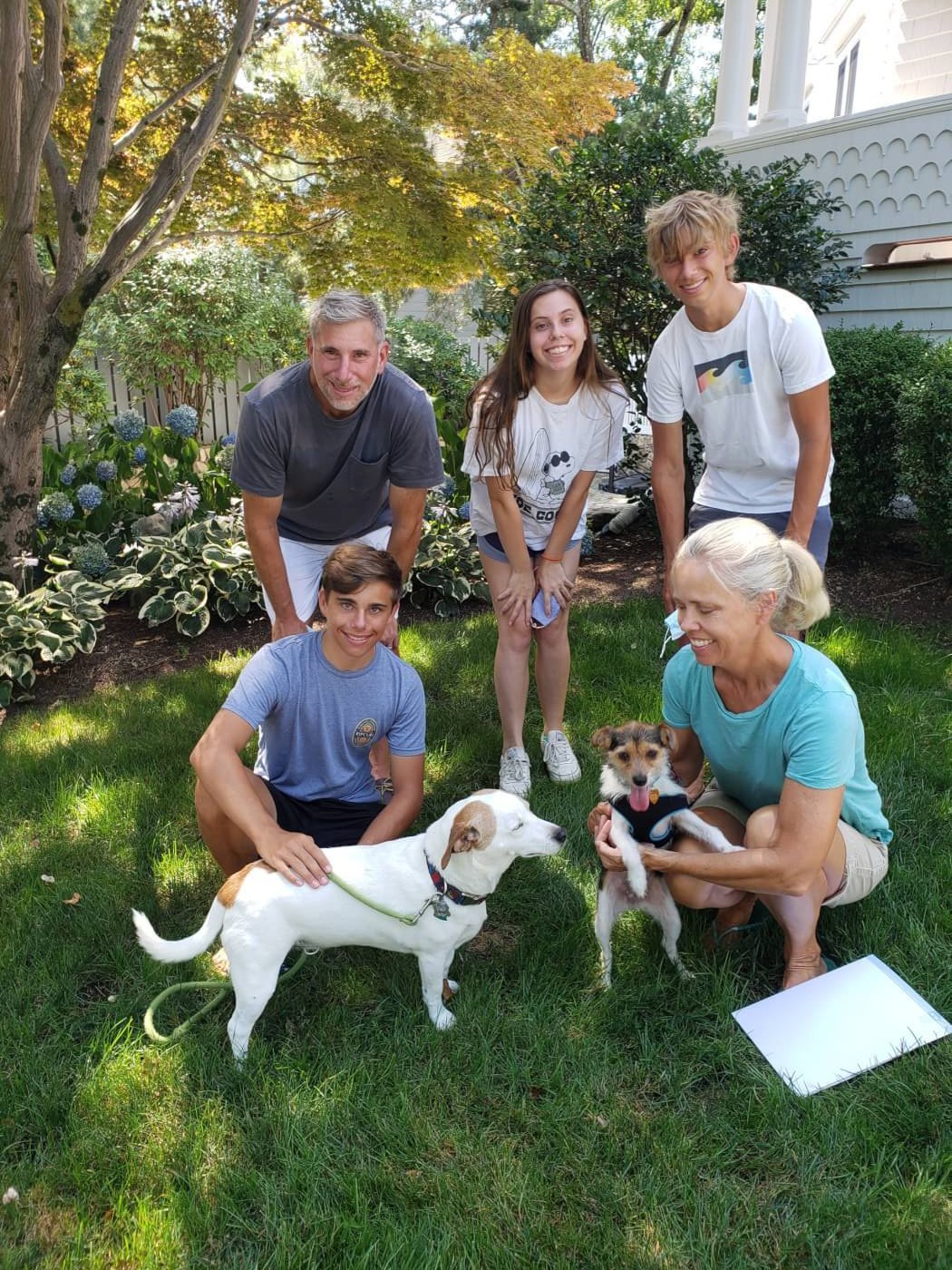
We provided families struggling to care for their animal companions with crucial aid, including food, medical care, and proper shelter.
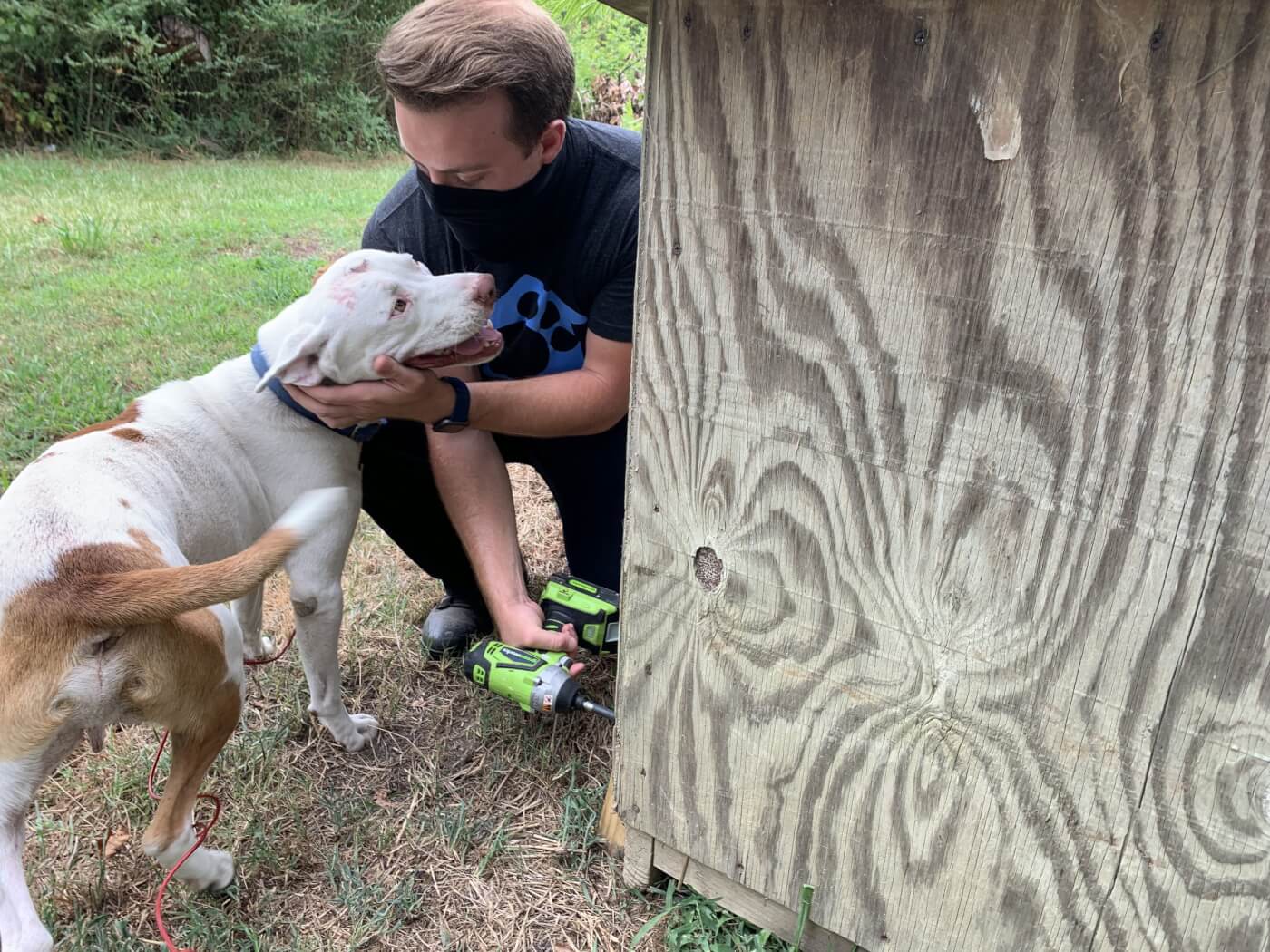
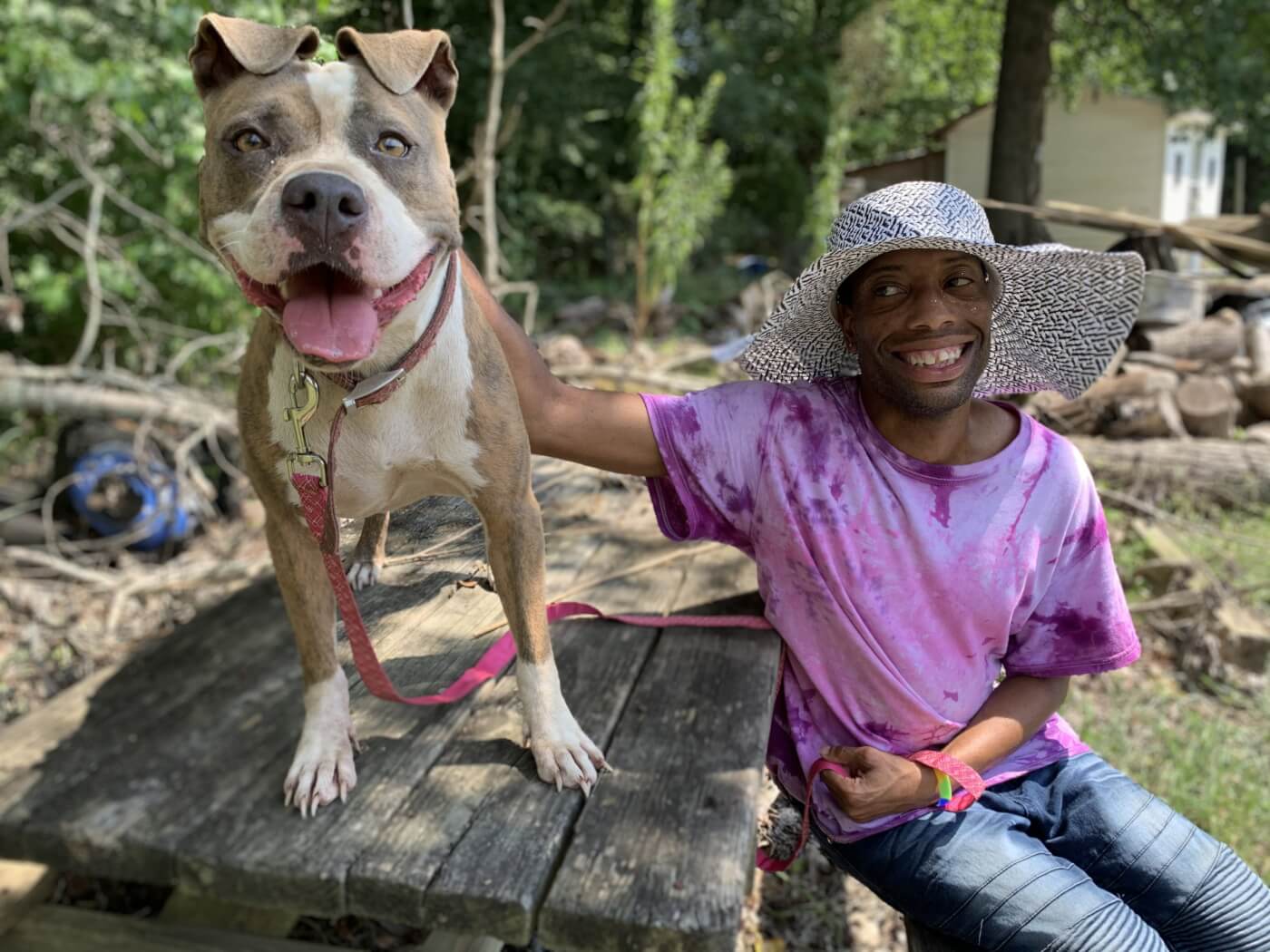
We helped end the suffering of many animals, giving them love and comfort while they peacefully passed on.
Many feral cats were freed from their pain. Without PETA’s free euthanasia services, these animals—many of whom were suffering from feline AIDS, maggot-infested wounds, and broken bones—would have languished on the street and surely would have faced a prolonged and agonizing death.
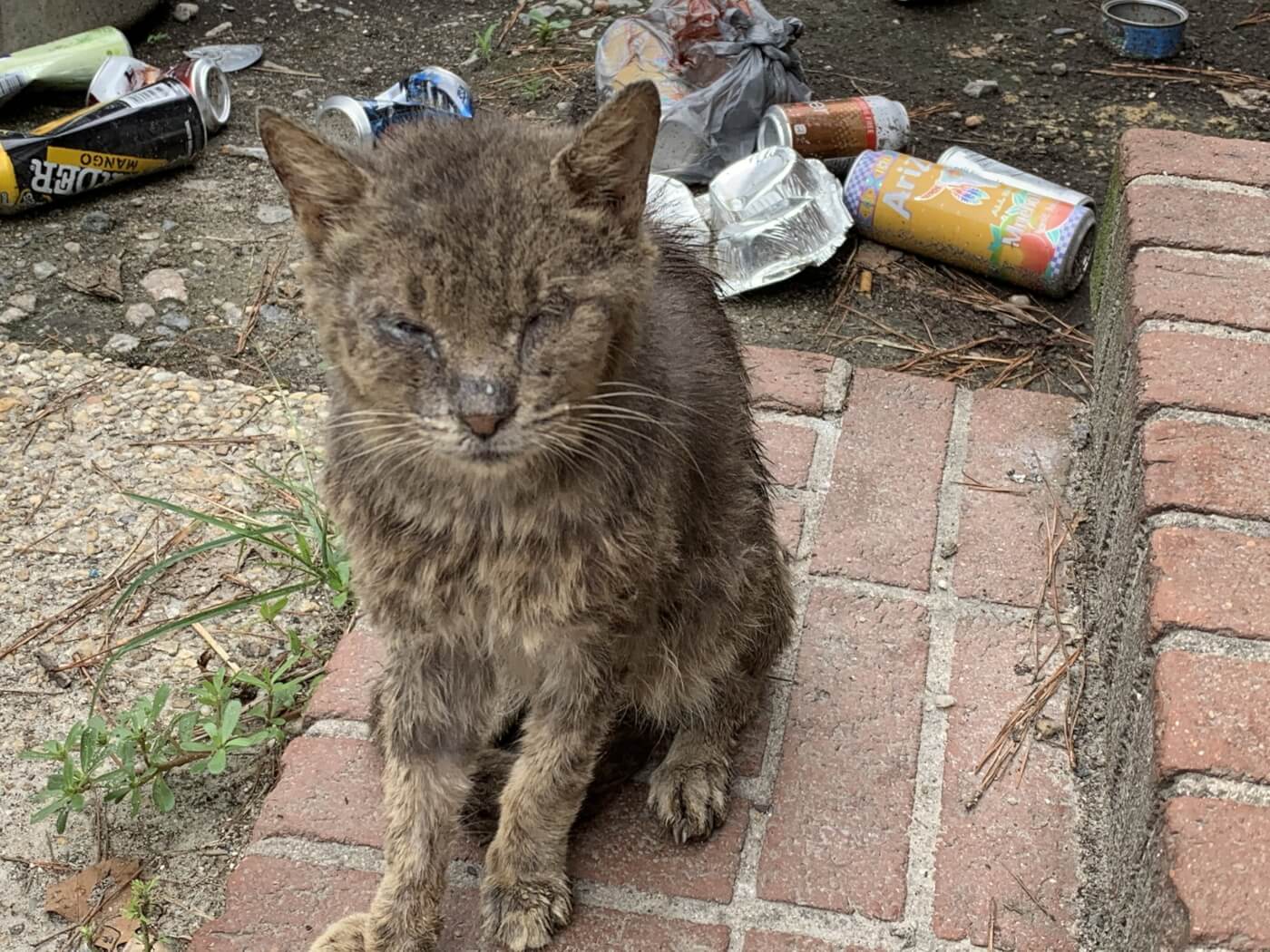
*****
While our field team is on call seven days a week to give animals the aid that they need, remember that you have the power to help animals, too.
PETA’s fieldworkers did a lot this summer, and you can make a difference, too. Here are four simple things that you can do to help animals in need:
- If you see an animal in abusive or neglectful living conditions, report it.
- Stand against animal breeding by pledging to adopt instead of shopping.
- Help us end animal overpopulation by having your animals spayed or neutered.
- Get involved locally by volunteering at an animal shelter or appealing to government officials to pass legislation banning tethering, breeding, and the selling of animals in pet stores.
To learn more about PETA’s Community Animal Project, watch the new documentary Breaking the Chain, which reveals how our fieldworkers help animals every day.
To read this article in Spanish, click here.

